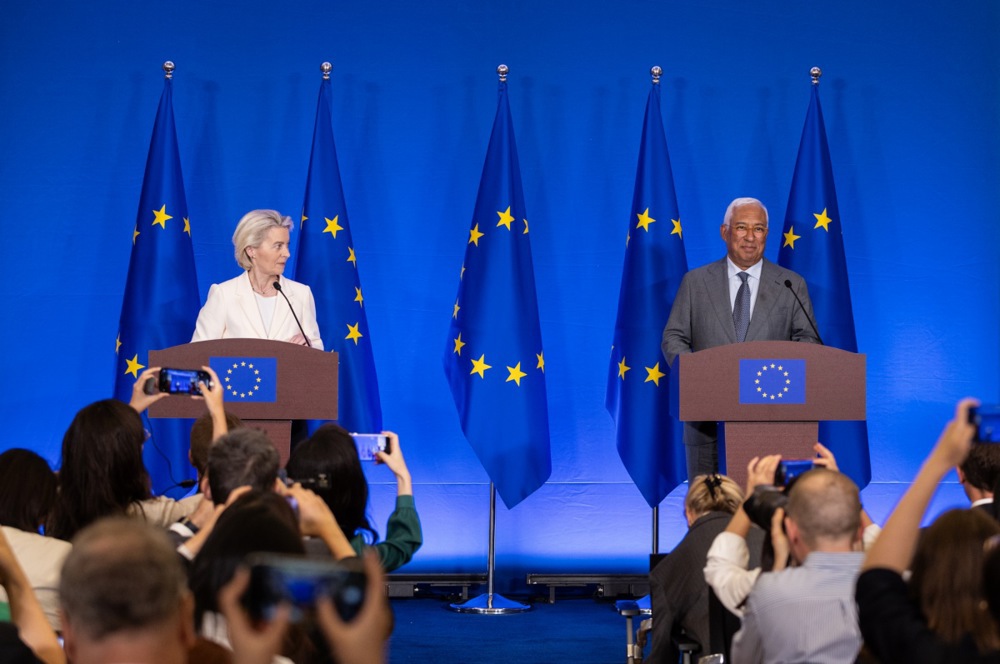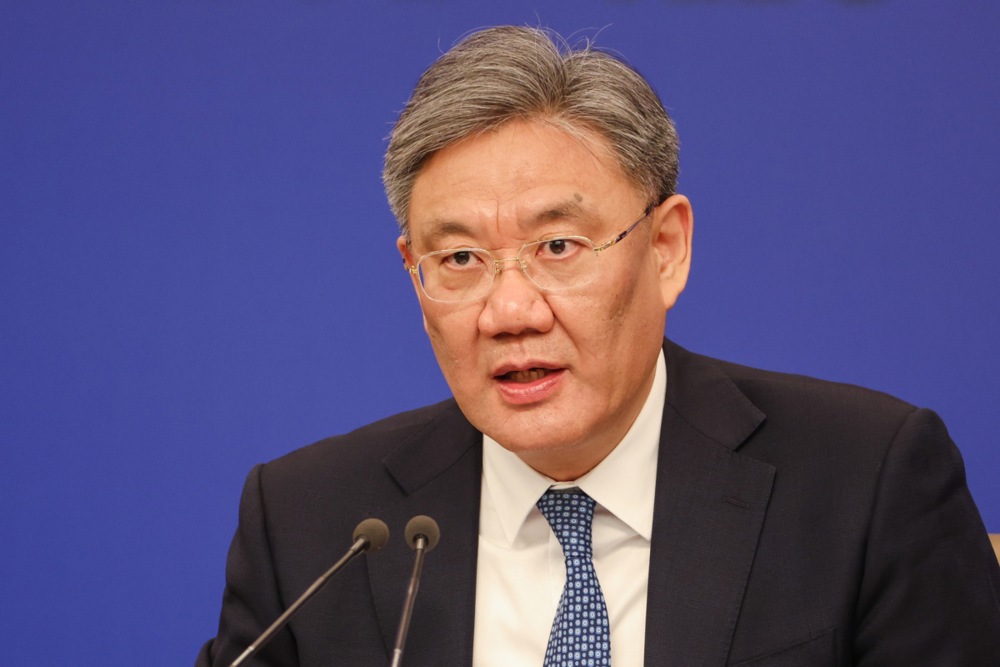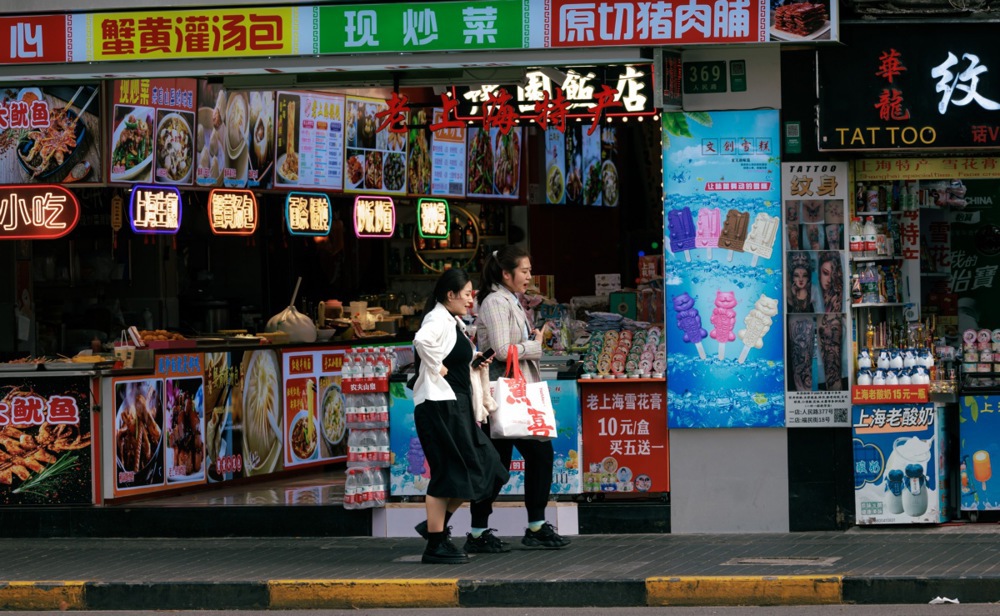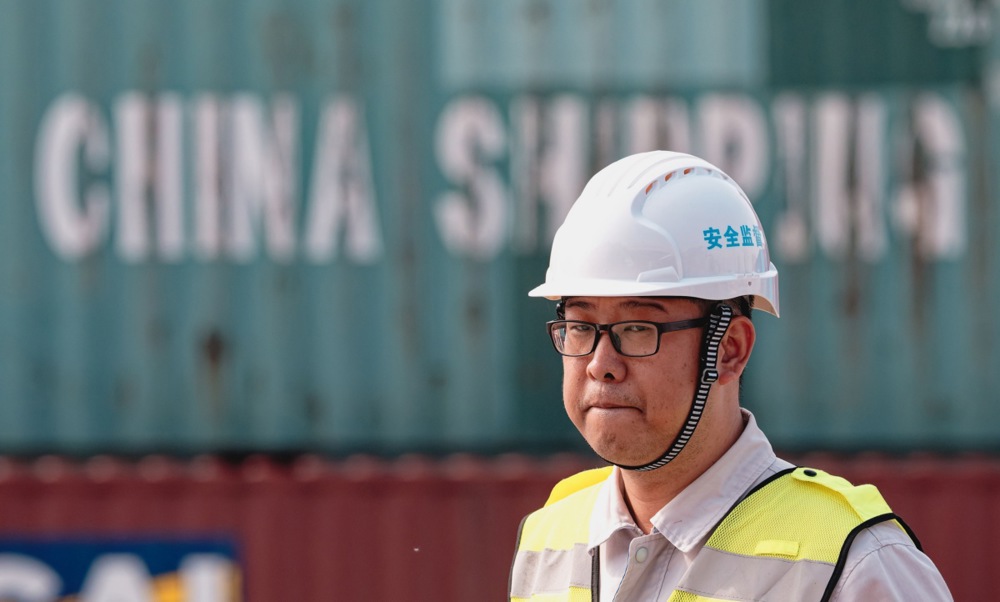Slovak Prime Minister Robert Fico is to meet President Vladimir Putin in China, highlighting Bratislava’s resistance to EU efforts to cut energy ties with Russia.
The move comes just as the European Union is preparing a new package of sanctions against Moscow.
“Slovakia buys both oil and gas from Russia. It’s almost fully dependent on oil,” Aura Sabadus, analyst at the London-based Independent Commodity Intelligence Services (ICIS) told Brussels Signal on September 1.
She said oil supplies could be replaced via Croatia’s Adriatic terminal or pipelines through Germany, Poland and Italy but Bratislava has opted against it. “It’s 100 per cent political,” she added.
For gas, alternatives were available via Croatia’s Adriatic terminal and the Adria pipeline, as well as through Germany, Poland and Italy.
Sabadus noted that almost every other EU member state had reduced Russian energy imports. “All apart from Hungary and Slovakia for oil, and nearly all for gas”, although this one is trickier to assess because “some are taking gas from [Russia] through Turkey, and pretend it’s of a different origin.”
Milan Uhrík, Slovak MEP for the ESN group, told Brussels Signal that Fico’s trip will come as Brussels advances a new round of sanctions. “Options [in the next EC package] also include secondary sanctions on those backing Russia’s war, as well as import bans and tariffs on Russian products and so-called shadow fleet used to bypass oil sanctions,” he said.
“As is customary, actually for the 19th time, the Commissioners come again with pompous declarations. And the main question is: has anything changed with these sanctions, if the war is still going on?”
Uhrík said Fico’s trip should focus on practical gains. “I hope that the agenda will mainly focus on topics that are most important for the national interests of the Slovak Republic.
“And that is mainly energy cooperation and trade in minerals, which we as a country absolutely need, whether it is our industry or citizens. However, today there are many leaders in Tianjin, China, with whom it is appropriate to communicate about the development of joint relations and trade.”
At the same time, EU officials have been tightening their stance on frozen Russian assets.
“It is unthinkable that Russia will ever see its frozen assets again, unless it fully compensates the damages caused to Ukraine,” Kaja Kallas, the bloc’s foreign policy chief posted on X after a meeting of EU ministers in Copenhagen on August 30.
The EU froze around €210 billion in Russian central bank reserves following the Ukraine invasion in February 2022, most of it held by Belgium-based financial market infrastructure group Euroclear.
While interest accrued has already been channelled to Kyiv, the principal remains untouched. Poland, Sweden and the Baltic states pressed once again for outright confiscation but Belgium opposed the move.
On September 3, President Putin will travel to Beijing for a military parade marking the end of the Asian theatre of the Second World War, sitting alongside Chinese President Xi Jinping. North Korean leader Kim Jong-un is also expected to attend.
In an interview with China’s Xinhua agency on August 31, Putin talked about his vision of a “multipolar world order” where Russia is one of the poles, backing it up with the “weakening of the US dollar”, and the fact that Russia and China now conducted most of their trade in national currencies.
During his four-day trip he is also scheduled to meet leaders of India, Turkey, Iran, Serbia and Pakistan.
Fico is also travelling to China, and had already drawn criticism from EU capitals for attending Moscow’s Victory Day parade in May.





